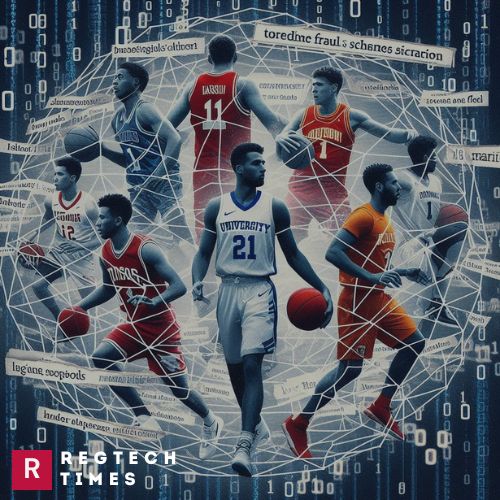The recent sentencing of former William Carey University athletes for their involvement in Nigerian fraud schemes has shed light on the complex web of online scams targeting unsuspecting victims. The William Carey case, which started with arrests and culminated in court proceedings, highlights the devastating impact of such criminal activities on individuals and communities.
Overview of the Fraud Schemes
Romance scams, money scams, and military scams are deceptive tactics employed by fraudsters to exploit individuals’ trust and emotions, primarily in the online realm.
Romance scams involve perpetrators creating fake identities or personas to establish romantic relationships with unsuspecting individuals. Once trust is established, the fraudsters manipulate emotions to convince victims to send money, often under the guise of covering travel expenses, medical emergencies, or other fabricated needs.
Money scams encompass a wide range of fraudulent schemes aimed at convincing victims to part with their money. Common examples include lottery scams, inheritance scams, and business opportunity scams, where victims are promised large sums of money or lucrative returns in exchange for an upfront payment or investment. These scams often prey on individuals’ desire for financial security or quick wealth.
Military scams involve perpetrators impersonating military personnel or veterans and exploiting the public’s respect and sympathy for those serving in the armed forces. They may fabricate stories of hardship, injury, or deployment-related expenses and request financial assistance from individuals who believe they are helping a member of the military in need. These scams exploit the emotional connection people have with the military and their willingness to support servicemen and women.
These fraudulent schemes rely on deception, manipulation, and the exploitation of victims’ emotions to extract money or valuable information. They often target vulnerable individuals, such as the elderly or those seeking companionship or financial opportunities, and can have devastating financial and emotional consequences for victims.
Involvement of William Carey Athletes
Aniekeme Etim, Emmanuel Ineh, Toluwani Adebakin, and others from William Carey University found themselves entangled in these schemes, serving as conduits for transferring funds obtained from victims to fraudsters in Nigeria. While they did not directly interact with the victims, their role as intermediaries facilitated the illicit transfer of over $820,000 overseas.
Legal Proceedings and Sentencing
The legal proceedings for William Carey University athletes spanned several years, during which evidence was presented implicating the athletes in the conspiracy. Charges included engaging in monetary transactions derived from unlawful activities, money laundering, and aiding and abetting (assisting or facilitating the commission of a crime, either by actively participating in its execution or by providing support or resources to the perpetrator) the operation of unlicensed money transmission businesses (any entity that engages in the business of transmitting money without the proper authorization or licensing from regulatory authorities).
The sentencing outcomes varied, with some athletes facing prison time followed by supervised release, while others received probation. Restitution orders were issued to compensate the victims for their financial losses, and the possibility of deportation or removal loomed over the defendants.
Impact on the Victims
The victims, who were deceived in the case of William Carey athletes into sending funds to the athletes under pretenses, suffered both financial losses and emotional distress. Many of them were targeted through online platforms, where the perpetrators exploited vulnerabilities and manipulated emotions to extract money. The William Carey case serves as a reminder of the need for heightened awareness and vigilance in the face of increasingly sophisticated online scams.
Broader Implications
Beyond the immediate consequences for the defendants and victims, this case underscores broader issues related to cybersecurity and financial fraud. It highlights the challenges of policing online spaces and the importance of collaboration between law enforcement agencies, educational institutions, and technology companies to combat online scams effectively. Additionally, it raises questions about the responsibility of educational institutions to educate students about cybersecurity risks and foster ethical behavior.
Conclusion
As the sentencing of the William Carey athletes concludes, it prompts reflection on the prevalence and impact of online fraud schemes. Holding perpetrators accountable and raising awareness about cybersecurity are critical steps in combating these crimes and protecting individuals from falling victim to them. By staying vigilant and informed, we can collectively work towards creating a safer online environment for all.


